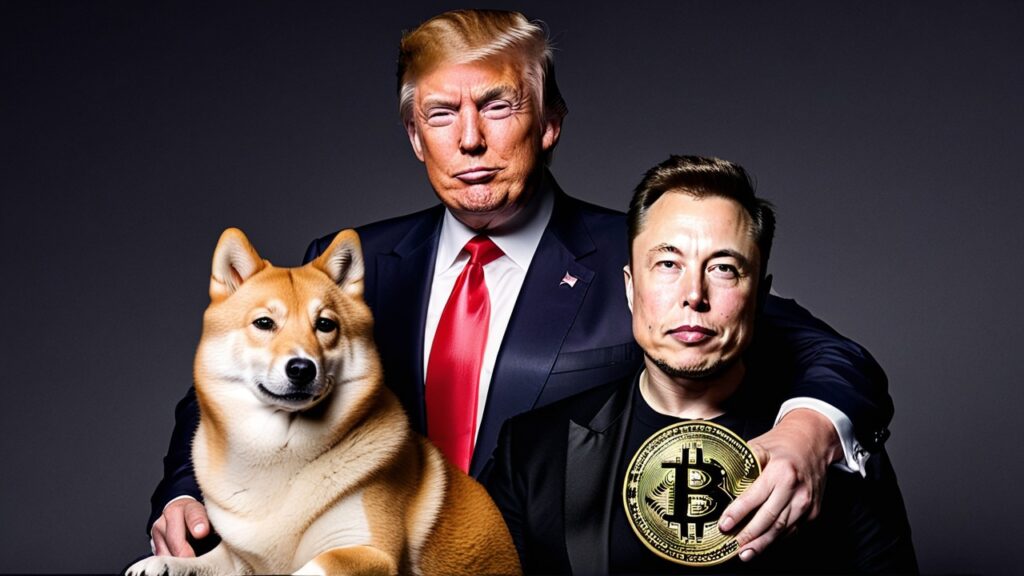US President-Elect Trump has announced the appointment of Elon Musk and Vivek Ramaswamy to head the newly established “Department of Government Effectiveness” (DOGE). This department, which is linked to Dogecoin, will work with the White House Office of Management and Budget to promote structural changes in the government.
Ann Skeet, director of the Markkula Center for Leadership Ethics at Santa Clara University, points out that Musk’s business interests are in conflict with the government’s. Musk’s companies have close ties with the government: SpaceX has more than $4 billion in NASA moon landing contracts, Tesla benefits from government tax incentives and is subject to automobile safety regulations, and his social platform, X, is currently under investigation by the Federal Trade Commission (FTC) and the Securities and Exchange Commission (SEC).
Other businesses, including artificial intelligence company xAI, brain-computer interface company Neuralink, and tunneling company Boring, have also intersected with federal regulations. Richard Painter, a White House ethics lawyer during the Bush administration, suggests that if DOGE operates as a government agency, Musk would need to divest his business interests or recuse himself from related matters unless Trump grants a rare exemption.
Auto safety advocates fear that Musk’s efficiency reforms could weaken regulatory agencies like the National Highway Traffic Safety Administration (NHTSA).
